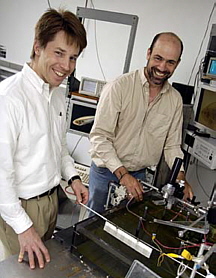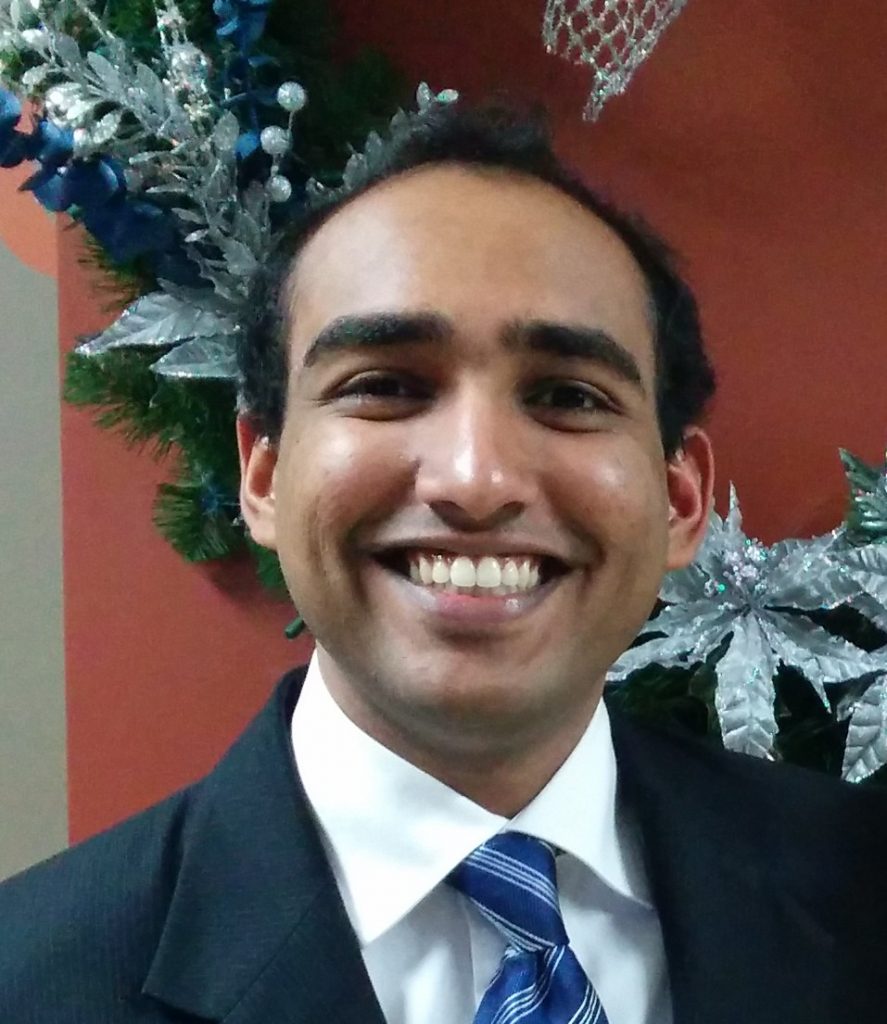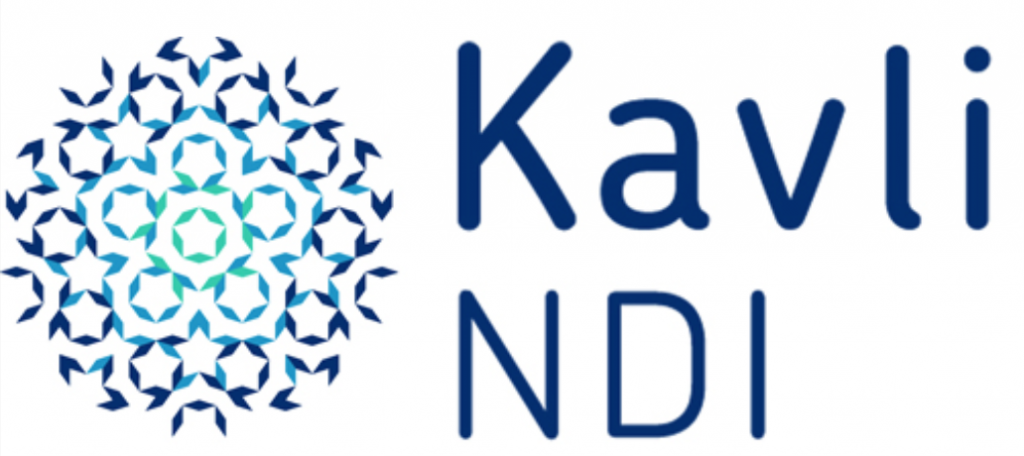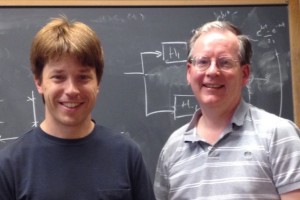 LIMBS Lab director Noah Cowan and his colleague, neuroscientist Eric Fortune, were awarded a $805,000 grant from the National Science Foundation, entitled “Neural Mechanisms of Active Sensing”.
LIMBS Lab director Noah Cowan and his colleague, neuroscientist Eric Fortune, were awarded a $805,000 grant from the National Science Foundation, entitled “Neural Mechanisms of Active Sensing”.
Animals, including humans, routinely use movement to sense the world around them. For example, to sense the texture of an object, a person might move her hand over the surface, whereas to measure the object’s weight, she might hold it in her palm and move it up and down. This use of different movements to sense features of the environment is called Active Sensing. Although active sensing is commonplace in human behavior, how the brain generates and controls these movements is poorly understood. The goal of this project is to reveal and describe (in mathematical equations) the brain’s strategies for active sensing. This will be achieved by studying a specialized animal species, the weakly electric glass knifefish. This animal was chosen because it has a suite of properties that make it ideally suited for the experimental approach. The expected findings will have broad implications for active sensing in other animals (including humans) because active sensing behaviors are similar across species. This work will have broad societal impacts, including the possible transformation of robotic control systems and enhanced understanding of the brain that may ultimately improve our understanding of neurological disorders. Further this work includes multidisciplinary training of promising students in critical STEM fields.







